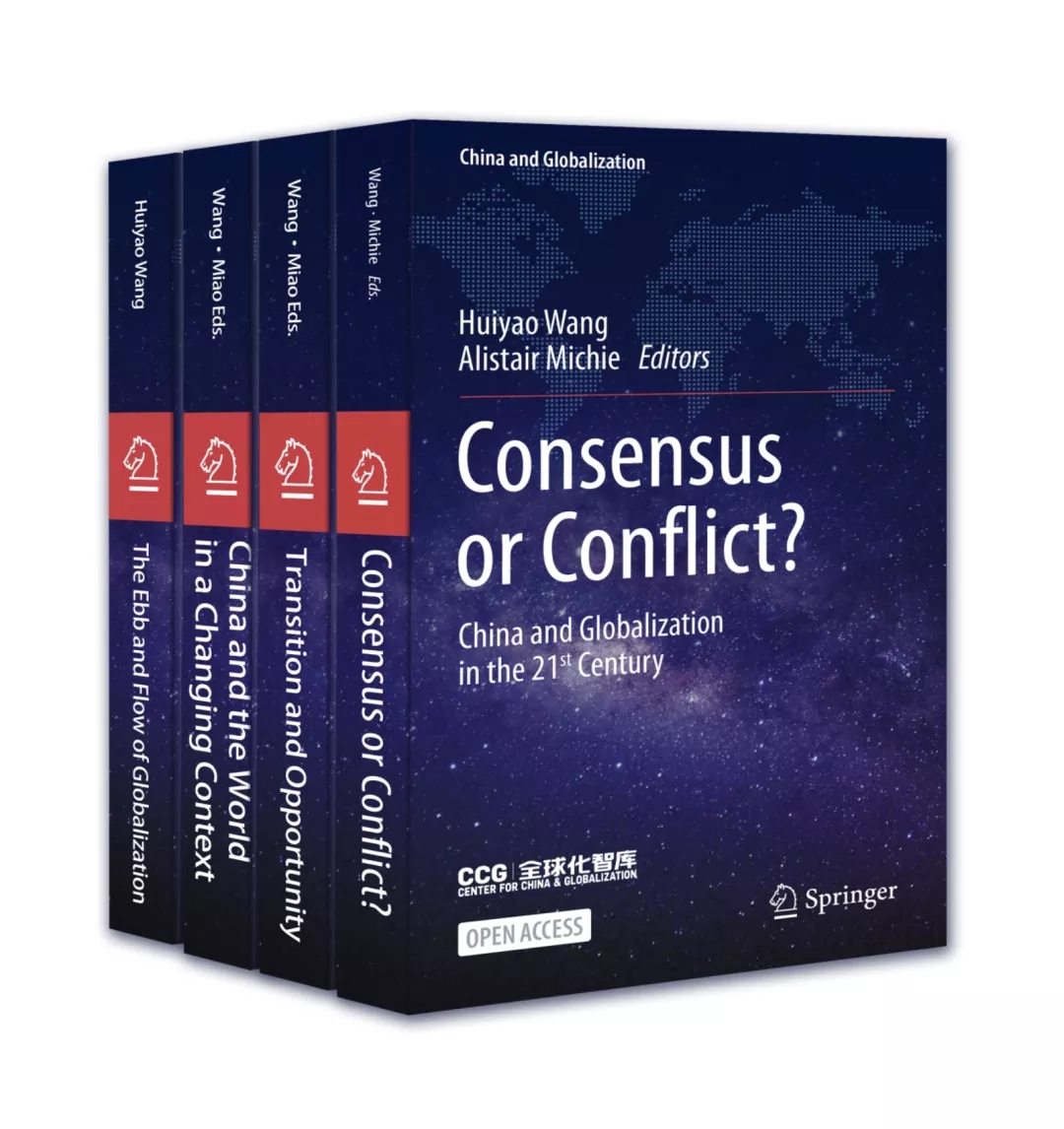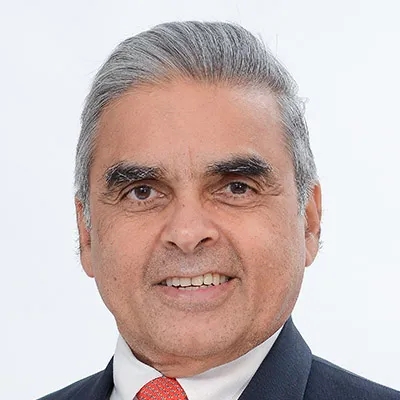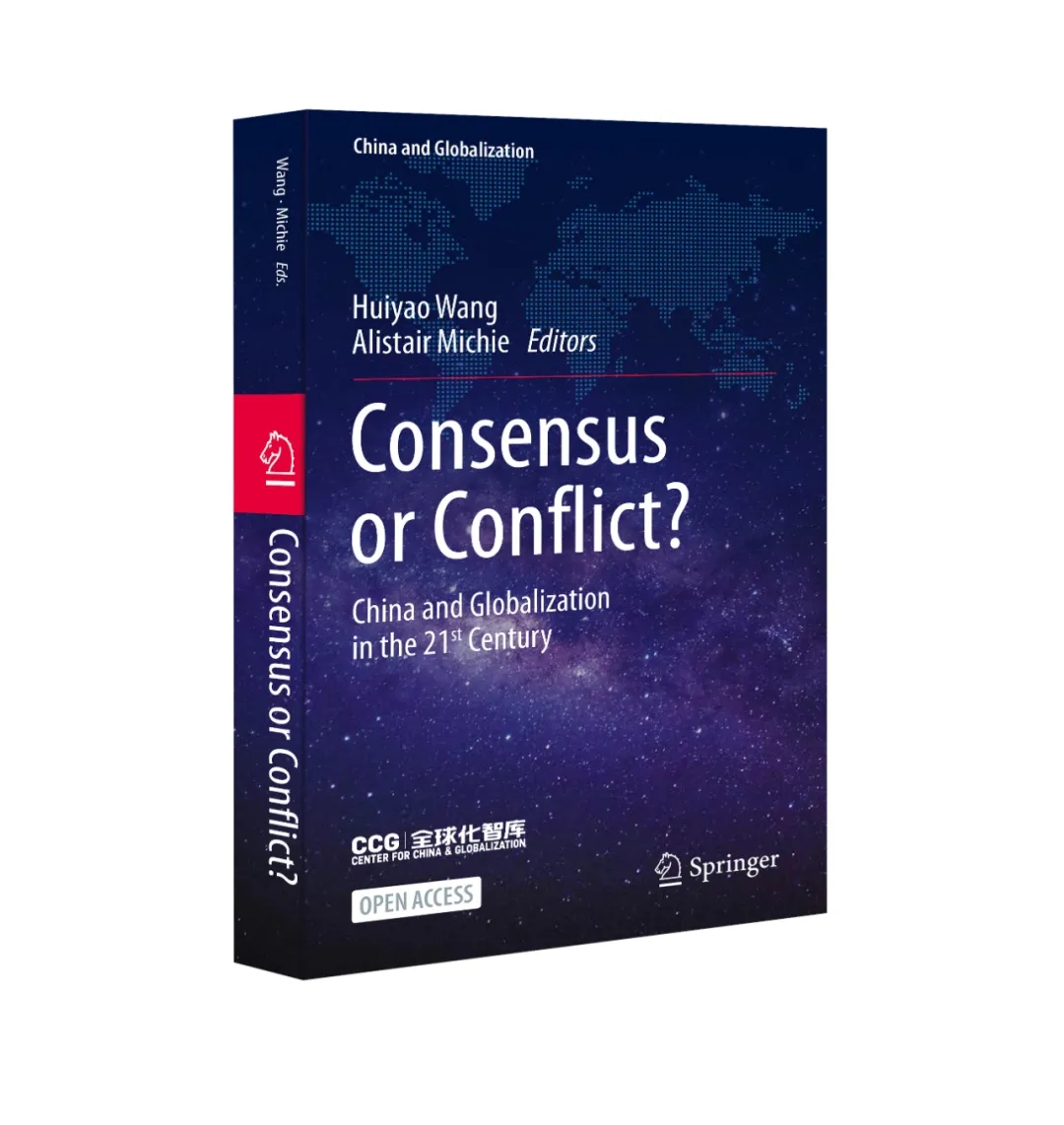New Book | An Introduction to The Asian 21st Century
January 11 , 2022
Series Editors: Huiyao Wang Lu Miao
Publisher: Springer Nature Publishing Group
China and Globalization Series
The Asian 21st Century is the latest release of “China and Globalization Series”books. This book series seek to create a balanced global perspective by gathering the views of highly influential policy scholars, practitioners, and opinion leaders from China and around the world.

The Asian 21st Century
Author: Kishore Mahbubani
Published in January, 2022
ISBN: 978-981-16-6813-5
Download the ebook at Springer:
https://link.springer.com/book/10.1007/978-981-16-6811-1
How will humanity live through the twenty-first century amid the escalating geopolitical competition and the shift in the balance of power? Experts offer their ideas generously and Kishore Mahbubani gives some of the most valuable ones. This open access book consists of essays written by Mahbubani to explore the challenges and dilemmas faced by the West and Asia in an increasingly interdependent world village and intensifying geopolitical competition.

The major strategic error that the West is now making is to refuse to accept this reality. The West needs to learn how to act strategically in a world where they are no longer the number 1.
Part Two The Return of Asia
From the years 1 to 1820, the largest economies in the world were Asian. After 1820 and the rise of the West, however, great Asian civilizations like China and India were dominated and humiliated. The twenty-first century will see the return of Asia to the center of the world stage.
Part Three The Peaceful Rise of China
The shift in the balance of power to the East has been most pronounced in the rise of China. While this rise has been peaceful, many in the West have responded with considerable concern over the influence China will have on the world order.
Part Four Globalization, Multilateralism and Cooperation
Many of the world’s pressing issues, such as COVID-19 and climate change, are global issues and will require global cooperation to deal with. In short, human beings now live in a global village. States must work with each other, and we need a world order that enables and facilitates cooperation in our global village.
Consensus or Conflict? – China and Globalization in the 21st Century

Editors: Huiyao Wang Alistair Michie
Published in September, 2021
ISBN 978-981-16-5390-2
As the first release of “China and Globalization Series” books, this open access book brings together 38 leading international scholars and policy-makers to explore the challenges and dilemmas of globalization and governance in an era increasingly defined by economic crises, widespread populism, retreating internationalism, and a looming cold war between the United States and China. It provides the diversity of views on those widely concerned topics such as global governance, climate change, global health, migration, S&T revolution, financial market, and sustainable development. The book has received a warm welcome by readers with over 130,000 downloads within three months of its launch.






